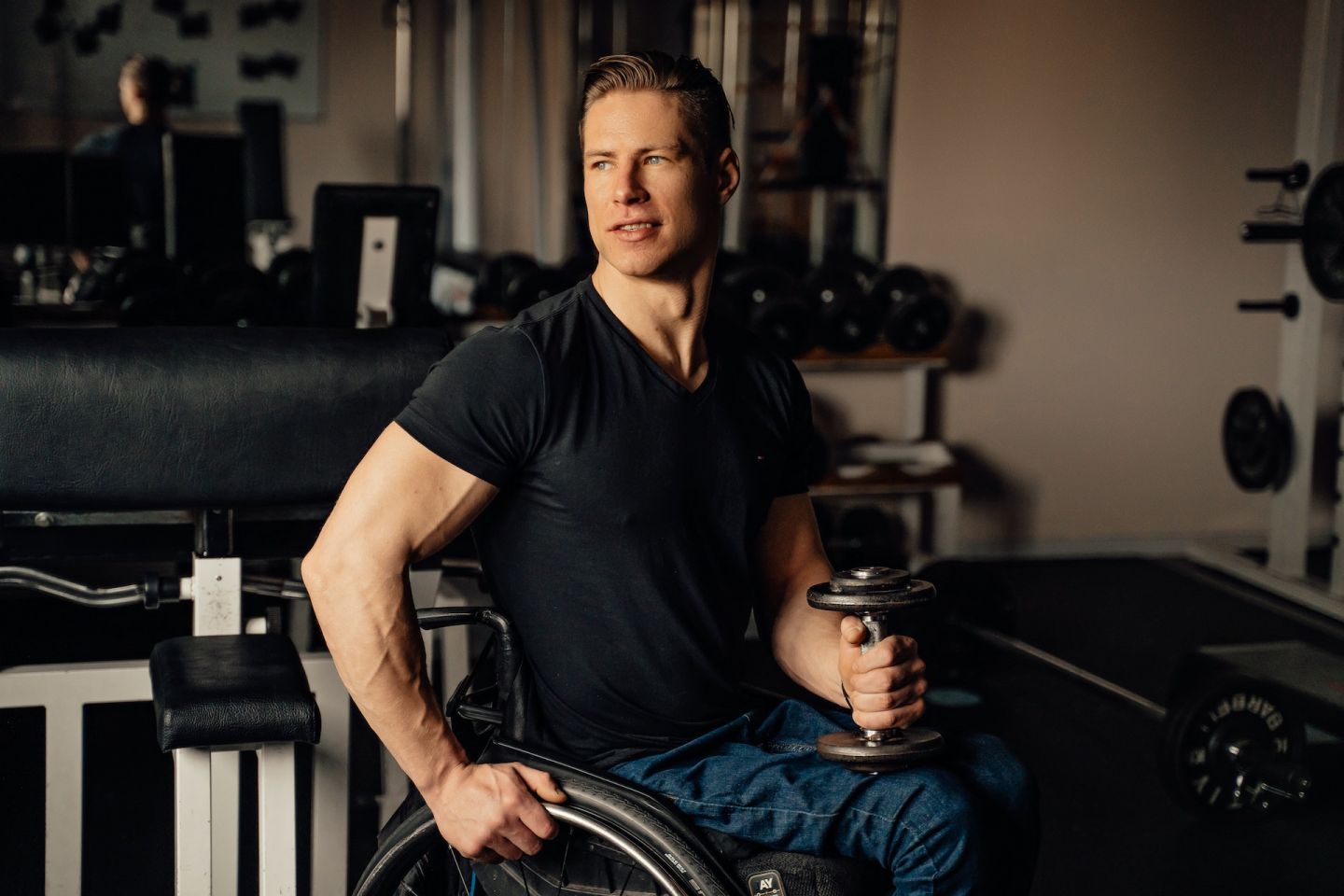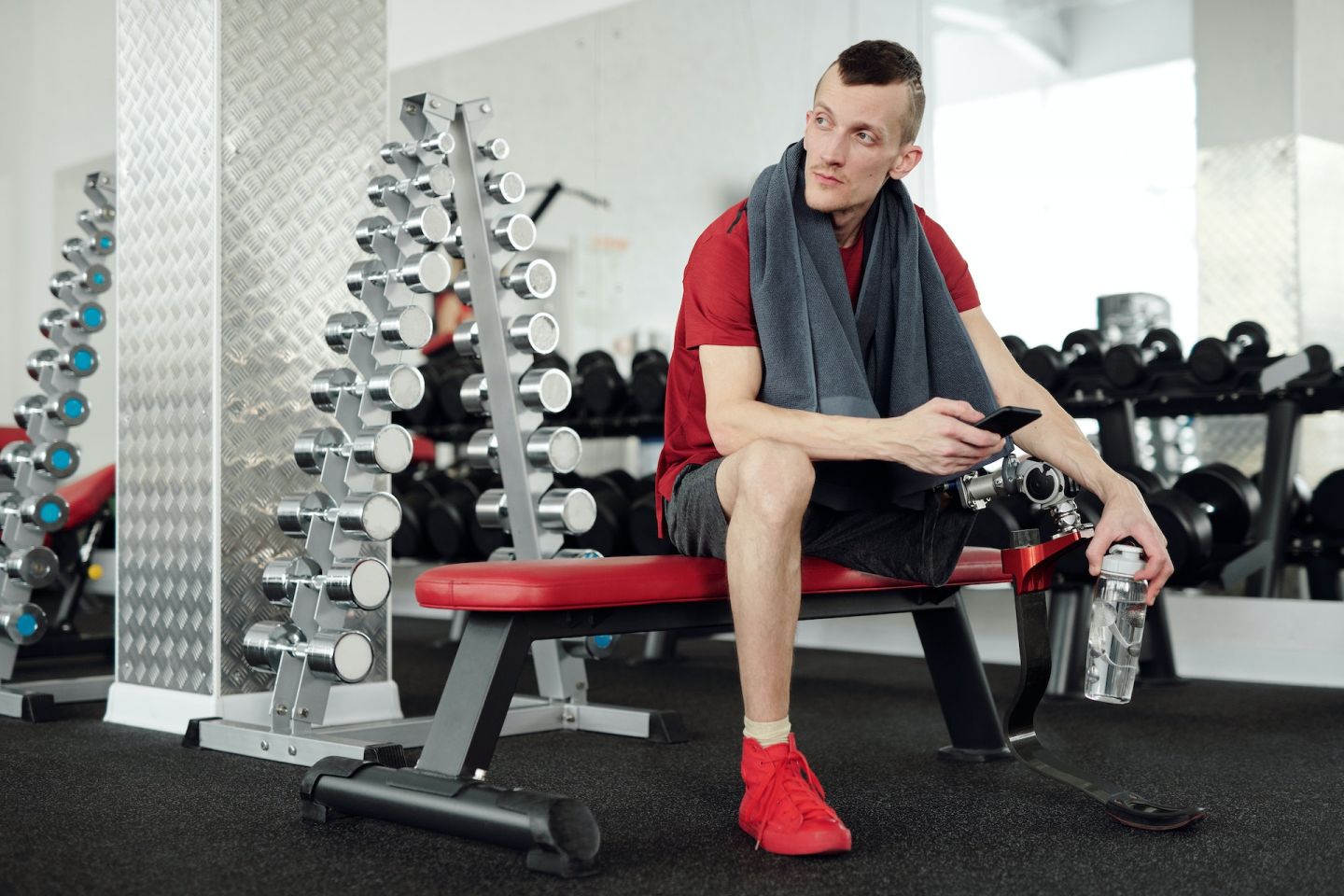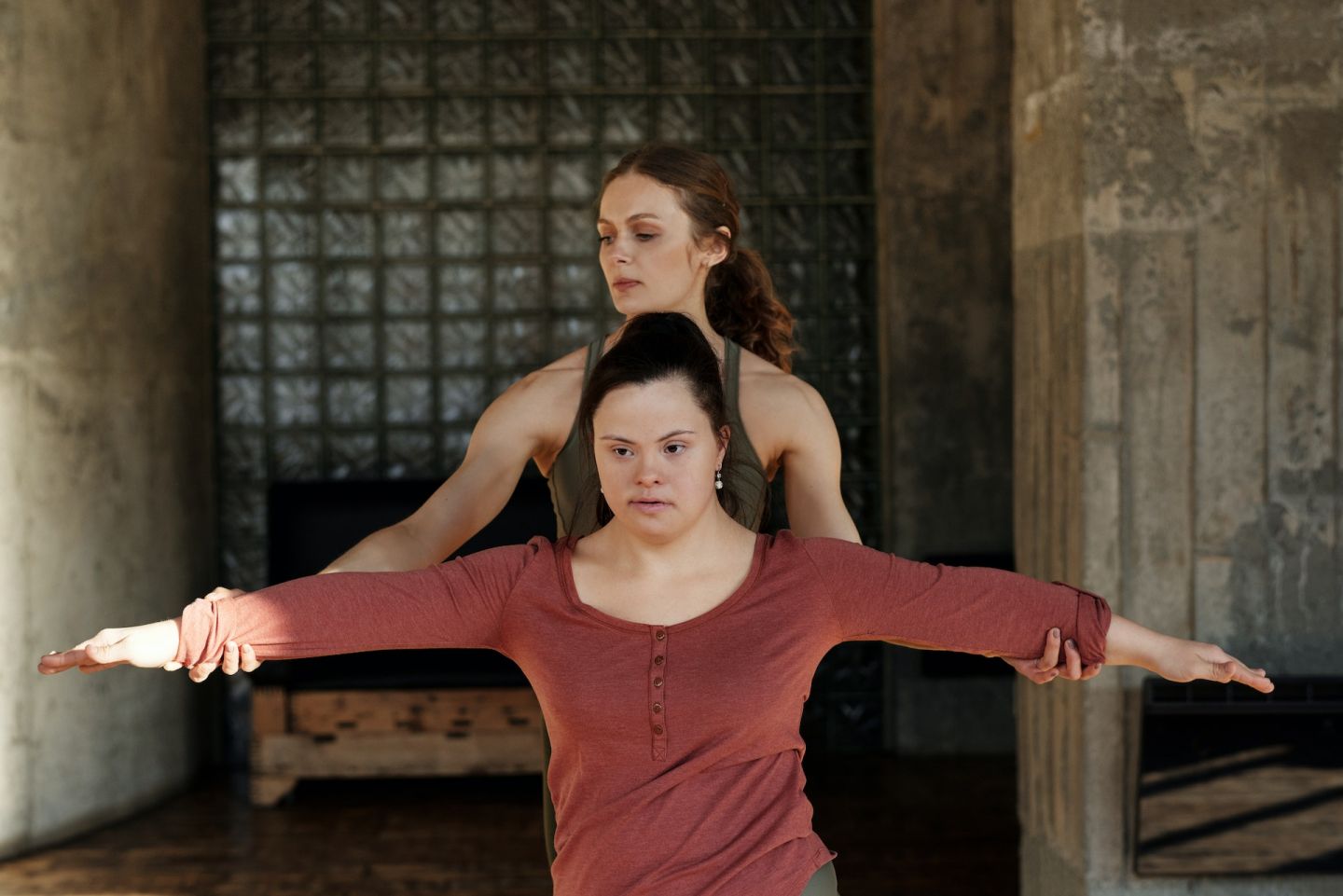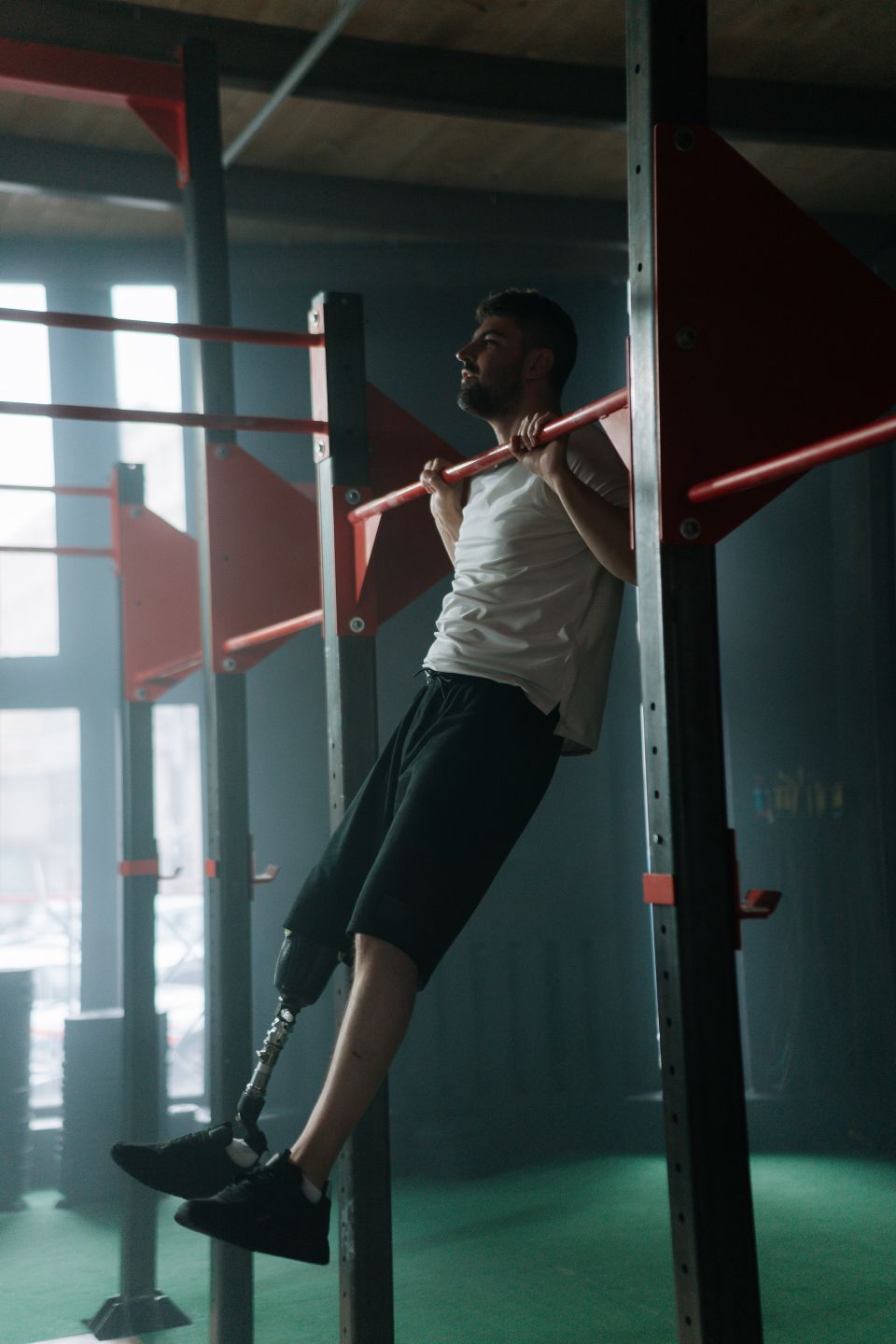Chris Nicklin is a certified Personal Trainer with over 7 years' experience, and the owner of Nxtep Personal Training. Chris qualified from Edge Hill University with a Bachelor of Science (BSc) degree in Sports Coaching and Performance Development, and has delivered over ten thousand one-to-one Personal Training sessions.
Updated 1/11/2022
What is Personal Training for People With a Disability?
It can be difficult for a person with a disability to get the necessary exercise to keep healthy, for a variety of reasons. A person may feel their disability means they just cannot exercise. Or perhaps they may lack access to appropriate equipment or skilled trainers, or they may feel reluctant to exercise in public.
Personal training can give those with a disability the tailored assistance they require to meet their fitness objectives. Our trainers will analyse your requirements and create a safe and effective fitness plan for you.
Personal trainers provide support, inspiration and motivation, which can help keep you on course even when progress feels impossible. We often find that individuals lacking in confidence feel more confident and independent after engaging with personal training, and we love to see it happen!
Check out our great Google reviews!







Also the clients are lovely and incredibly supportive of each other. Well bloody done Chris!



At one point i couldnt walk up the stairs... after been hospitalized and locked in a room for nearly a month at pinderfields I was diagnosed with severe asthma to been under observation for COPD at 30 years old and still living everyday with it now, I decided to make a change. I moved to Cheshire I joined @nxtepknutsford and in a matter of months I was competing at @turfgames with the gym family
I cannot thank everyone enough who has been on my journey
Now at 32 I can lift 110kg on a deadlift
I can run .... some sort of distance and always improving as much as my lungs will carry me.
Never give up and push to be better
We saw. We came. I conquered! 🏆


Come away feeling fab






A year later and I'm married, 12kg lighter than when I first started, lifting much heavier weights and am in much better shape in general. Chris and Luca have been amazing with my training; they always challenge me to try new things and to push further, which is really helpful for someone who's training has always seemed to plateau in the past.
They've also taught me about health and fitness as a lifestyle; there's so much more to it than lifting some weights or constantly being on a diet, and they always keep things new, fun and flexible. They're also really helpful and approachable guys; I've messaged them lots of times to ask for training tips and advice when I'm going to the gym outside of training hours, and they're always more than happy to help.

Chris helped me through my pregnancy teaching me safe ways of keeping my core strong, helping with my postural alignment as well as addressing some muscular imbalances that I wasn’t aware I had. Most importantly, Chris gave me the confidence to continue training through pregnancy. I knew I was in safe hands. Chris is phenomenally knowledgeable in how our bodies work.
May 2022, I am currently pregnant with my second child and still continuing to train with Chris at Nxtep. Luca has also joined the team and is a fantastic addition. They are a great team, and I am very lucky to be trained by them both. I would highly recommend anyone thinking about pre or post natal pregnancy training to consider Nxtep.

It never felt just like a business and always felt more caring, I was also doing it as part of my DofE to which Luca/Chris were very helpful with.
I've had to stop due to other focuses in life but I've got some real fond memories of the time and am hoping to go back later if I can!
Chris was fundamental to me in making the nutrition and exercise changes required to achieve goals.... inspiring, motivational, encouraging & supportive he is great to work with......regular tracking & updates help me to stay focused..... Chris is easy to get along with and the sessions are challenging but enjoyable.....




